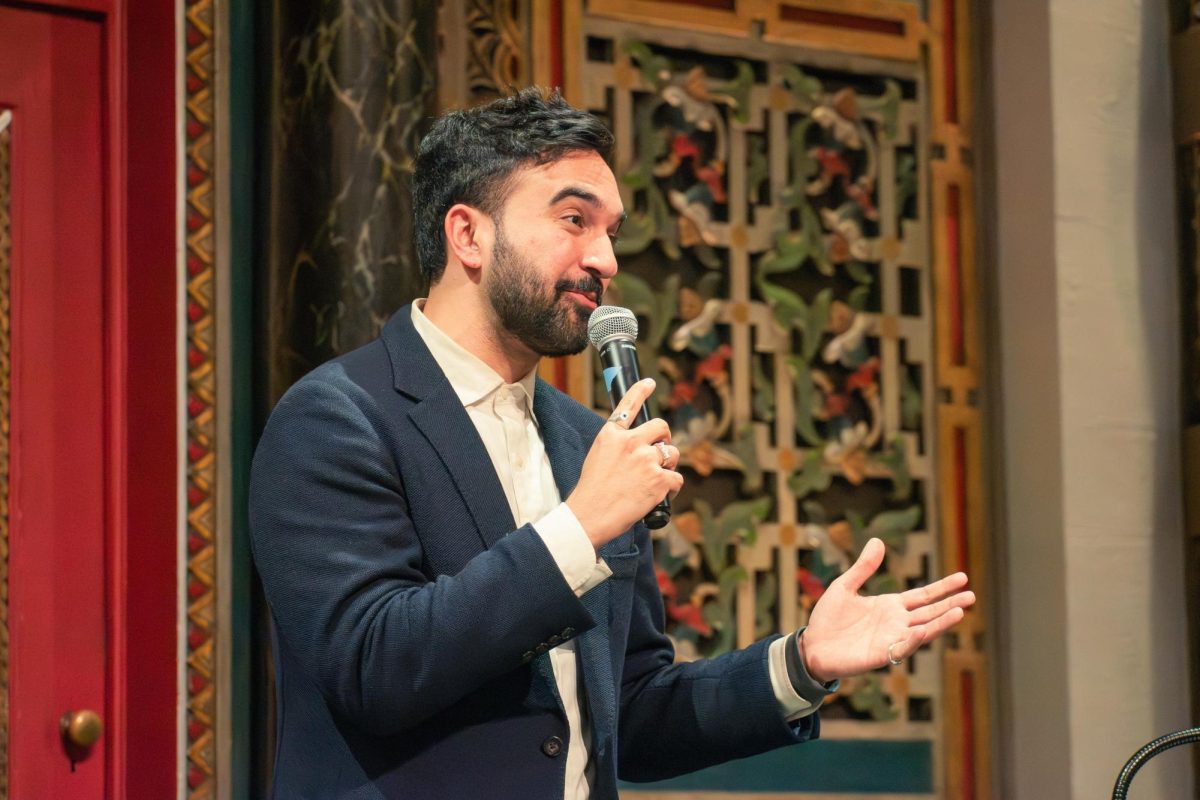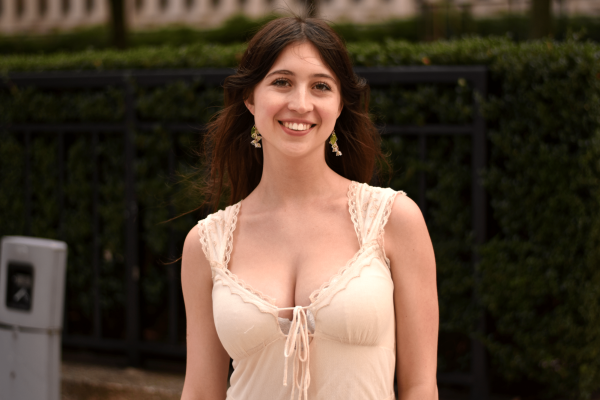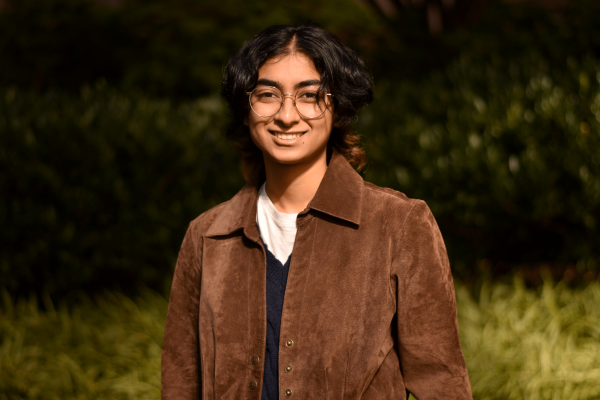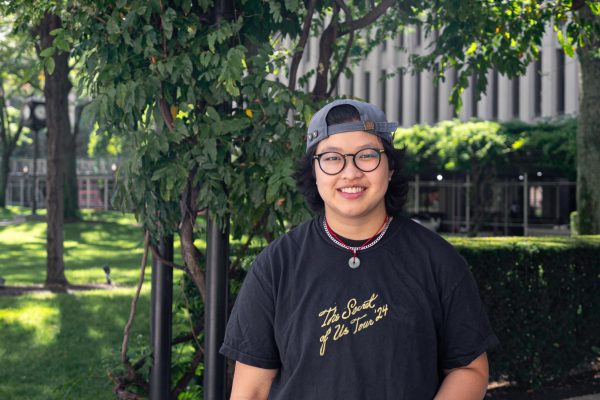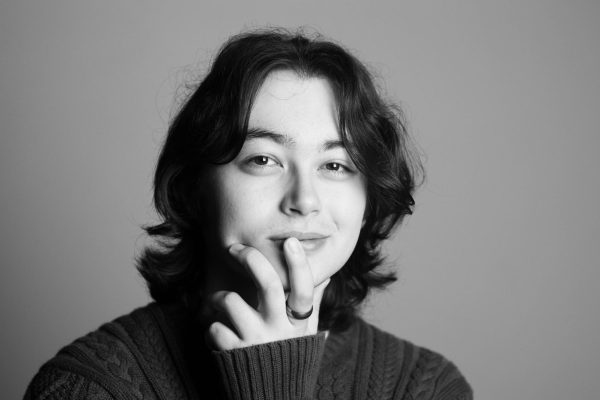New York City saw various changes this summer, including Zohran Mamdani winning the mayoral primary, the end of broker fees, new corruption allegations around the Adams administration, unusually high heat and more.
Mayoral candidate Zohran Mamdani claimed a sweeping victory in the June mayoral primary.
Zohran Mamdani, state assemblyman from Queens, won the New York City democratic primary on July 1 with 56% of the vote. Former governor Andrew Cuomo came in second place with 44% and subsequently announced that he will run in the general election as an independent. Incumbent mayor Eric Adams opted out of participation in the primary and is also running as an independent.
Mamdani received 43.8% of the vote in the first round, compared to Cuomo’s 36.1% and city comptroller Brad Lander’s 11.3%. Lander has since dropped his candidacy, as did Jim Walden, a former lawyer and independent candidate, on Sept. 2.
Mamdani’s supporter base stretches across Brooklyn, Manhattan and Queens and drew tens of thousands of young, previously unregistered voters to the polls in the weeks leading up to the primary. He engaged various campaign strategies to boost voter turnout this summer, including an Aug. 25 scavenger hunt with over 2,000 participants.
Mamdani is the projected frontrunner, given his campaign’s many successes.
The primary operated via ranked-choice voting, which allows New Yorkers to list their top five candidates, but the general election will not. Mamdani, Cuomo and Adams will face off in the general election in November alongside Republican candidate and activist Curtis Sliwa. Mamdani is the projected frontrunner, given his campaign’s many successes, Adams’ indictment scandals and Cuomo’s turbulent political history, as marked by a 2021 sexual harassment scandal.
New York City ended broker fees.
Local Law 119 of 2024 or the FARE Act went into effect on June 11 and prohibits landlords from passing broker fees onto new tenants by placing the responsibility of payment on the party who hired the broker. Typically, brokers charge about a month’s rent or 15% of the annual rent in fees. Combined with security deposits and other upfront costs, tenants face paying up to $13,000 when moving apartments. With over half of New York City residents qualifying as rent-burdened – meaning they pay over 30% of their income on rent – the law aims to alleviate financial stressors on renters and make the rental housing market more fair.
The FARE Act was created by Brooklyn councilman Chi Ossé after he experienced similar difficulty in finding an apartment. The bill was passed by the City Council in November and became law 30 days later after Mayor Eric Adams took no definitive action toward the bill, despite refusing to sign it.
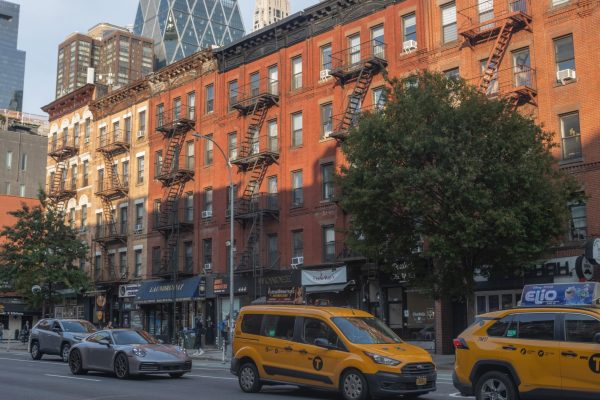
Mayor Eric Adams faced reelection hurdles due to new corruption allegations.
Ingrid Lewis-Martin, a longtime advisor to Adams, has been charged with four separate indictments on counts of bribery, money-laundering and conspiracy. Lewis-Martin allegedly manipulated development contracts and sped up permit approvals in exchange for various favors. She is said to have received over $75,000 in bribes and other benefits. Lewis-Martin’s alleged crimes span from March 2022 to November 2024, during which she was serving as chief advisor to the mayor until her abrupt resignation in Dec. 2024. She pleaded not guilty at her arraignment on Aug. 21.
Winnie Greco, another former City Hall advisor, handed a journalist a potato chip bag containing a red envelope filled with cash on Aug. 20. The event sparked controversy, with Greco claiming it was a gesture of friendship stemming from her Chinese culture. Skeptics have pointed to her history of questionable conduct. Greco resigned from City Hall in Oct. 2024 after the FBI raided her home as part of the Adams indictment investigation but has remained a close confidant to Adams. Following the scandal, she was suspended from all volunteer campaign activities.
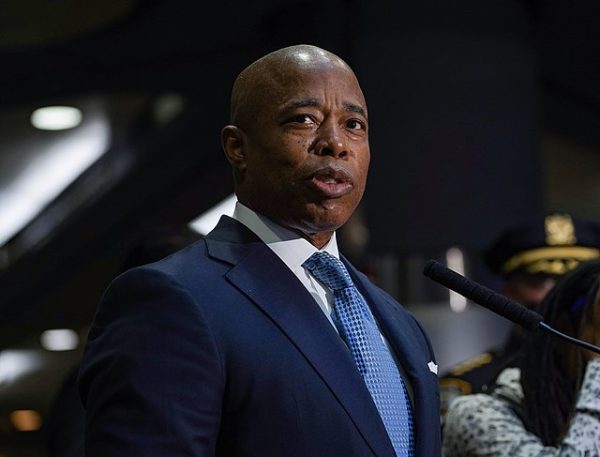
Mass shootings stirred a flurry of media attention, despite an overall decrease in gun violence.
On Jul. 28, Shane Tamura, a Las Vegas native armed with an assault-style rifle, opened fire at 345 Park Avenue, a skyscraper in midtown Manhattan, killing four people. Several other people were injured in the lobby and on the 33rd floor before Tamura took his own life. This was the deadliest mass shooting in New York City in 25 years.
The NYPD reported 489 shooting incidents in the first eight months of 2025, a 20% decrease from the same time period in 2024.
This was just one of several high-profile mass shootings this summer, including the Aug. 17 Brooklyn nightclub shooting, which left three dead and nine wounded.
Despite this, New York City has seen a drop in gun violence, a Gothamist analysis of NYPD data found. The NYPD reported 489 shooting incidents in the first eight months of 2025, a 20% decrease from the same time period in 2024. 41 out of 78 precincts have seen a drop in shootings, with precincts averaging six shooting incidents since the start of the year.
New York City residents experienced a blistering summer.
This summer featured unusually high heat with temperatures at or above 90 degrees and “feels like” temperatures reaching into the 100s. With four separate heat waves, this was the second-hottest summer and the fourth-hottest year on record.
In 2020, New York City was officially reclassified from a coastal temperate to a humid subtropical climate zone, which requires summers to average above 72 degrees and winters to average above 27 degrees. According to the New York State Climate Impacts Assessment, this trend will continue. By 2050, the average yearly temperature in New York City is expected to increase between 4 and 6 degrees, with the number of days over 90 degrees to triple from 18 to 57.
Plans to increase MTA subway and bus fares were delayed, drawing continued controversy.
The MTA was expected to increase subway and bus fares from $2.90 to $3 in mid-August. Due to the transition from MetroCards to OMNY and tap-to-pay, the policy will take effect Jan. 4, 2026. The announcement sparked outrage from the start as New York City residents claimed that the subway’s efficiency and overall quality do not reflect the increase in prices.
Another layer to the controversy around the fare hike’s necessity is congestion pricing, implemented in Jan. 2025, which charges passenger vehicles a $9 toll during peak hours. The policy is meant to generate around $15 billion to be spent on improvements to the MTA network.
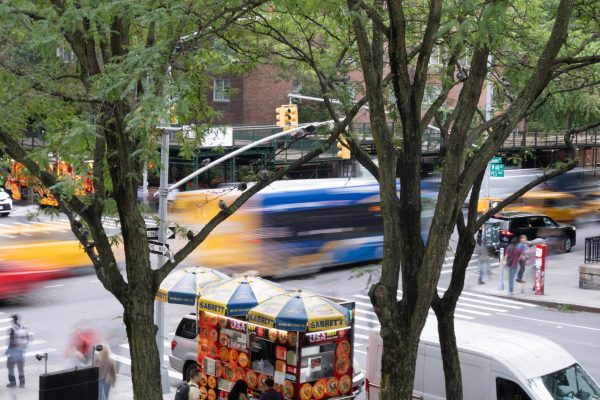
Mayor Eric Adams released a statement in July calling the fare increase “offensive to hard-working New Yorkers,” citing a lack of “meaningful improvements.” Zohran Mamdani’s pitch for free buses remains a central point of his campaign for mayor.
The MTA is known to hike fares every two years, having raised prices from $2.75 to $2.90 in 2023.
The mayoral election in November will bring further changes, particularly with respect to the candidates’ varying stances on affordable housing, public transportation and environmental reform.
CORRECTION: A previous version of this article incorrectly described Andrew Cuomo’s 2021 sexual harassment scandal as a sexual assault scandal. As of Sept. 10, the article has been updated.

